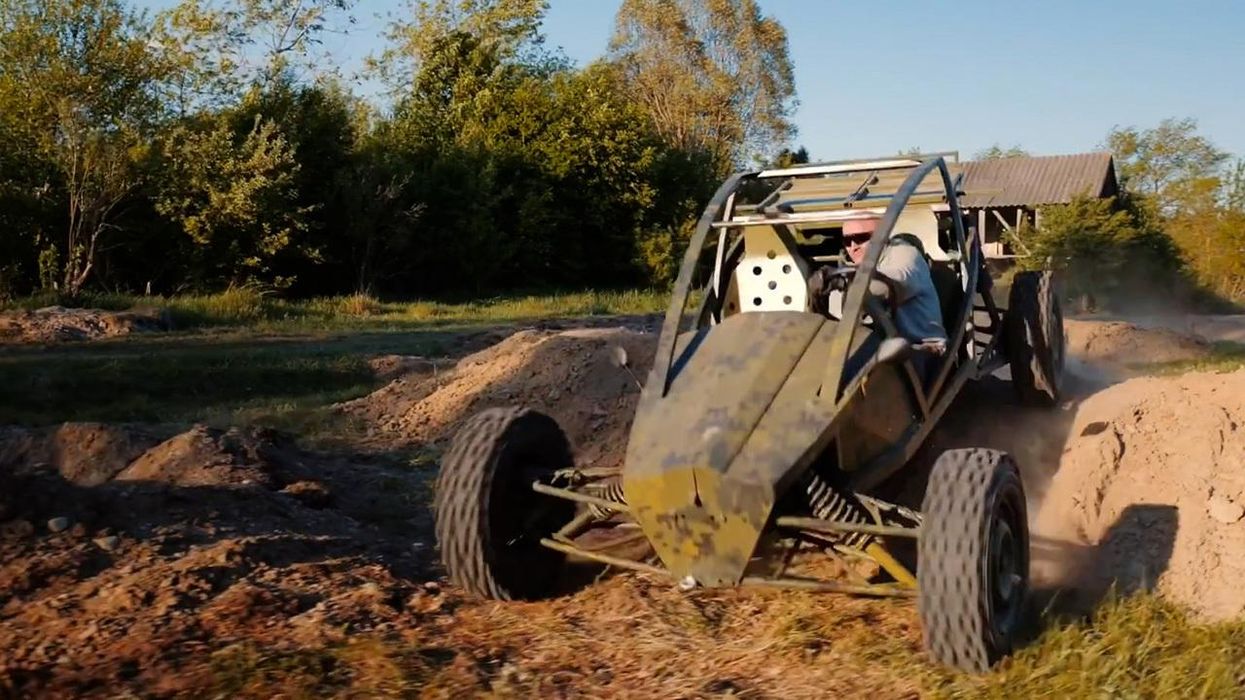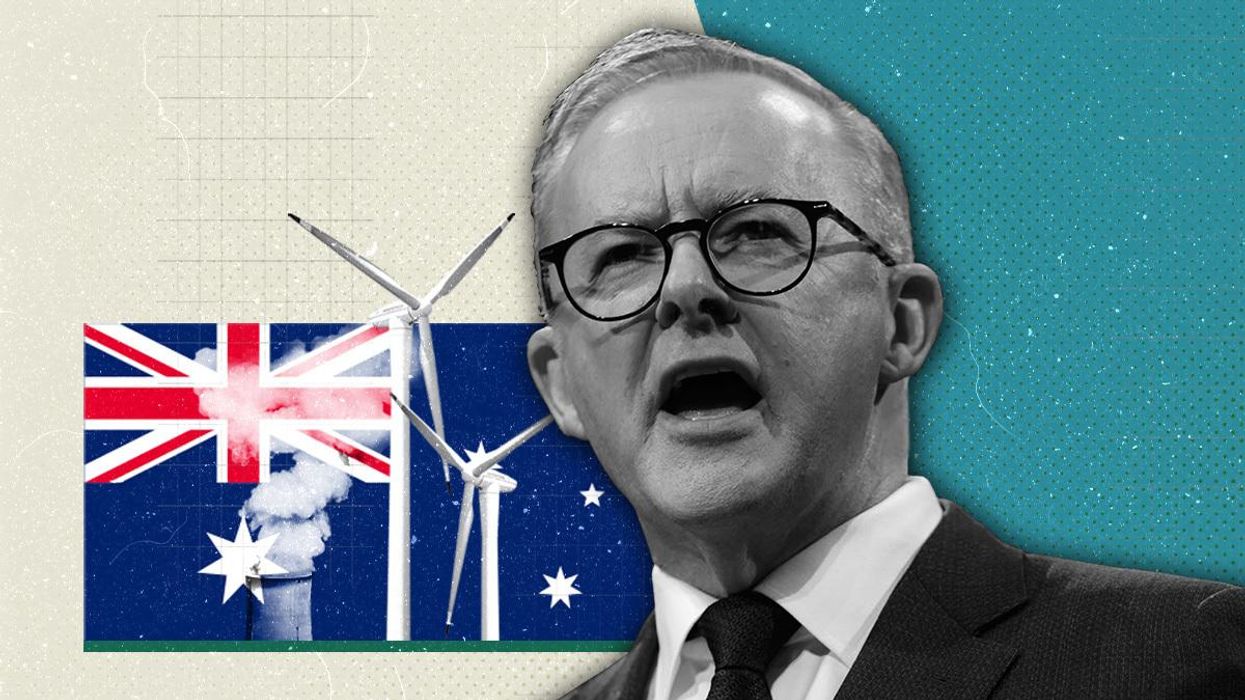GZERO World Clips
Ukraine’s killer dune buggies
What do Steve McQueen, Mad Max, Delta Force, and the Ukrainian army have in common? For all the high-tech weapons that Kyiv has gotten from the West, one of the most effective battlefield surprises has been homemade dune buggies, outfitted for war.
Jan 11, 2023


